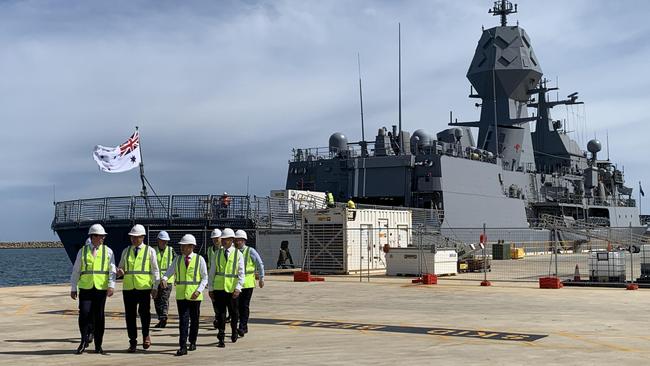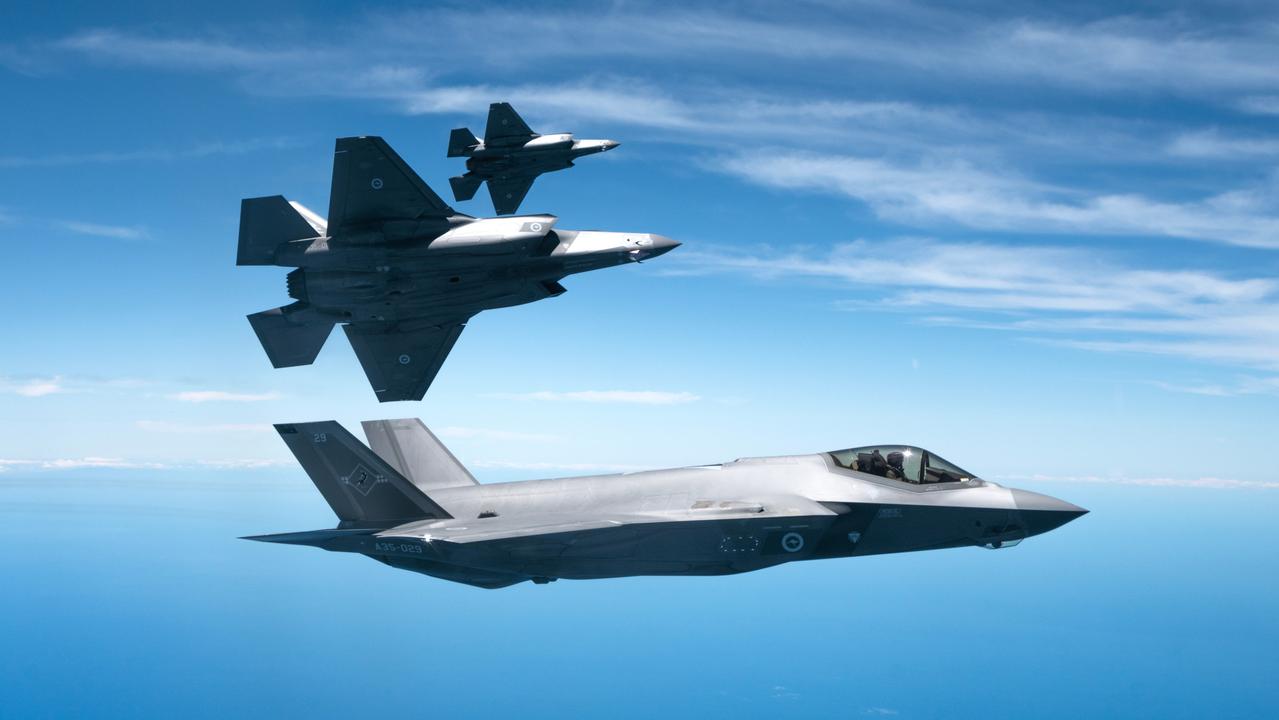Defence industry’s vital role lost on political, ADF leaders
A credible warfighting capability only exists when backed by industrial capability and capacity. One could assume politicians, bureaucrats and ADF leaders don’t understand either the role of industry in defence policy, or of Australian industry in the broad.

Defence industry policy is riven with myths, misconceptions and misuses. Military professionals recognise the primacy of logistics. Yet in Australia, recognition stops at an apocryphal warehouse with no appreciation of local industry’s role.
Too many of the basic items for our military forces rely on factories thousands of miles away. Credible deterrence and, ultimately, a credible warfighting capability only exist when backed by industrial capability and capacity.
Australia cannot manufacture all its military needs. The extent it can reduces Australia’s risks and improves its value to its allies. One could assume politicians, bureaucrats and ADF leaders don’t understand either the role of industry in defence policy, or of Australian industry in the broad.
The foundational myth is that local manufacturing is more expensive than imports. In many cases this in untrue. Yes, items bought overseas from excess manufacturing capacity can sometimes be cheaper. But when the excess capacity dries up, the good deals evaporate, and we are left in the lurch; or it transpires the cheap item does not meet essential local requirements and is effectively useless. Mass production of defence equipment is long gone. Most production is in short runs, with little or no economies of scale available from offshore purchase.
A second myth is that using Australian industry for defence wastes resources better employed in other sectors. This is, simultaneously, perfect theory and utter poppycock. Using industrial resources for defence purposes is part of national defence, not economic, policy and its contributions to GDP and employment are irrelevant. That those things may occur is purely a bonus.
A common misconception is that little Australian industrial capability remains. Tell that to the thousands of companies supplying resource, agricultural or other market sectors. Cars and light bulbs aren’t made here anymore, but specialist development and manufacturing remain in fields from forging, casting and machining to composites, electronics, avionics and software.
It’s not only small- and medium-sized enterprises (SMEs) that can supply defence, there are large, private and listed companies that should be part of a rational national defence strategy. These firms field world-class management skills and strong balance sheets, and have the scale to embed skills and experience. They will be the ones best able to scale up in time of need. Government mobilisation plans, if such things exist, should start from now, avoiding a standing start.
Firms see announcements of major local build projects, only to discover that they are local “Meccano” assembly from imported parts. Too often, foreign primes deliver industry plans to government, interview some locals and then bring in their usual foreign original equipment manufacturers’ (OEM) finished goods.
There are few local defence original equipment manufacturers. But this does not preclude offshore OEMs being mandated to use Australian companies as subcontractors, embedding local sustainment, IP and supply for time of war, crisis or supply chain failure. The local content rules, jettisoned in the 1990s, were devised by leaders with experience of the 1940s and ’50s.
The international defence industry is not a rational market. Market forces alone will not enable the clever Australian supplier to enter the chain. The parent governments of offshore OEMs want all the work to remain at home to maintain their own self-reliance. Their problem should not be our problem. Contractual mandating of Australian content is the only proven way to achieve our strategic need.
Another misconception is that sovereign capability comes from some hi-tech gadget. Try exercising tactical mobility without vehicle track spares when the container ship with the next order is stuck in the Suez Canal, or deliver artillery support without complete local manufacture of an all-up round, and foreign suppliers’ factories are at capacity for other wars.
The watershed 1991 Force Structure Review stripped much engineering capability out of the forces, prioritising uniformed personnel for non-support roles. Before then, local industry under mandated content rules had been in the box seat to provide critical engineering support. Defence industry policy since then has eroded or eliminated local capability, with dire consequences. Witness a new tanker waiting for a replacement propeller shaft from Norway via Spain, where the Anzac frigate shafts had been Australian made. No manufacturer’s warranty covers an essential ship missing from the fleet.
Cynics have suggested programs such as the now cancelled Centre for Defence Industry Capability were a sop to industry in place of serious policy. The idea that sovereign capability can be created or sustained by grants for some clever development is a misuse of taxpayers’ money and industrial capacity. Few such projects ever resulted in production orders. It created “grant junkies”, attracting the best brains and management attention to the next grant, only to all end in tears when the money stopped.
Defence industry policy has driven established Australian companies out of the sector or overseas. New players won’t enter the sector until there is a “back to basics” approach, emphasising the national strategic value of local industrial capability and capacity. It is time to get serious about using more of Australia’s industrial resources in the service of the nation.
-
David Harvey worked as an Australian and international defence industry executive, and
is a former RAN submariner.


